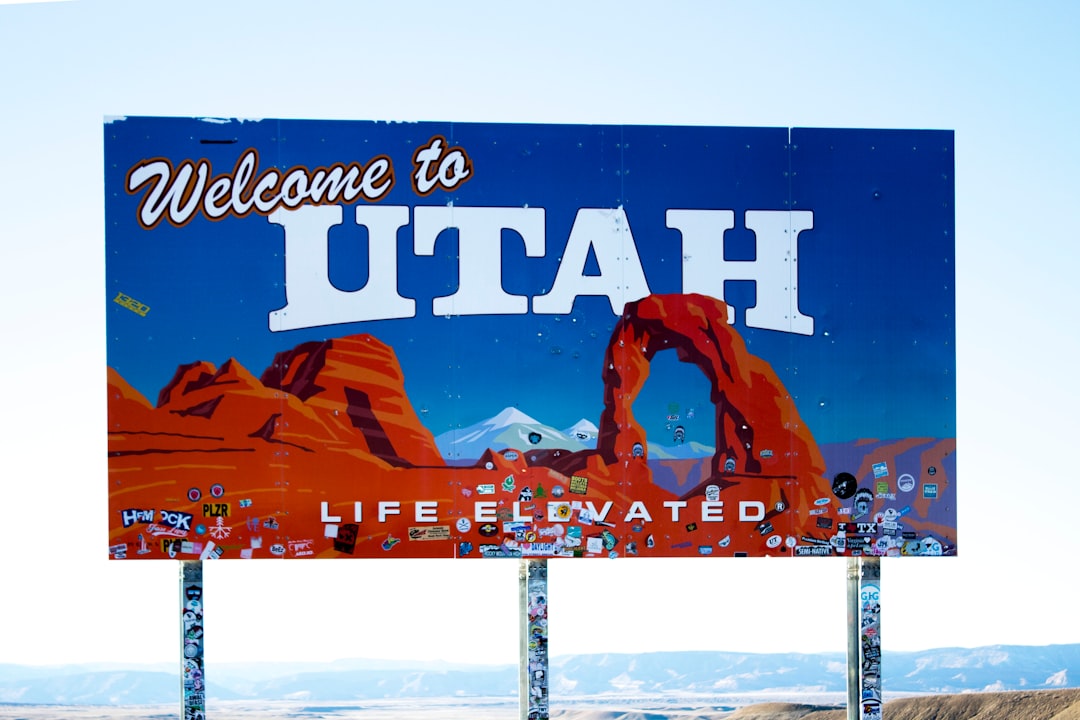In Utah, robocalls are a common annoyance protected by the state's Telephone Consumer Protection Act (TCPA). Citizens can sue for robocalls and consult spam call law firms or lawyers specializing in TCPA cases. The Utah Communications Commission works with stakeholders to combat unwanted automated calls, providing educational resources and a reporting system. Victims can take legal action against violators, who face strict penalties, by consulting experts on TCPA cases and filing complaints or lawsuits.
“The ubiquity of robocalls has transformed the landscape of communication in Utah and across the nation. These automated calls, often unwanted and intrusive, have led many to wonder: can I sue for robocalls in Utah? This article delves into Utah’s legal framework surrounding spam calls, specifically exploring the role of the Utah Communications Commission in prevention efforts. We also guide victims on seeking legal action through top-rated spam call law firms and lawyers specializing in TCPA (Telemarketing Consumer Protection Act) cases in Utah.”
Understanding Robocalls and Utah's Legal Framework

Robocalls, or automated phone calls, have become a ubiquitous yet unwanted nuisance in modern times. These pre-recorded messages, often promoting products, services, or political campaigns, are made en masse and can be particularly intrusive. In Utah, citizens face challenges posed by these spam calls, leading many to wonder: Can I sue for robocalls in Utah?
The state’s legal framework provides certain protections against such calls through the Telephone Consumer Protection Act (TCPA). The TCPA prohibits automated phone systems from calling telephone numbers listed on the National Do Not Call Registry and requires explicit consent for marketing calls. A spam call law firm Utah or lawyers specializing in spam calls Utah can guide residents through these complex regulations, helping them determine their rights and potential legal recourse when dealing with unwanted robocalls.
The Utah Communications Commission: Its Role in Prevention

The Utah Communications Commission plays a vital role in preventing robocalls and spam calls within the state. As Utah’s regulatory body for telecommunications, they oversee and enforce laws that protect consumers from unwanted and fraudulent phone calls. With a focus on consumer rights, the commission works to ensure compliance with the Telephone Consumer Protection Act (TCPA), a federal law that restricts automated telemarketing calls and text messages without prior consent.
By collaborating with telecom carriers, law enforcement, and legal professionals, the Utah Communications Commission has established guidelines and implemented measures to combat robocallers. They offer resources and education to help residents understand their rights and report suspicious calls. Additionally, they support spam call law firms in Utah and work closely with lawyers specializing in TCPA cases to hold offenders accountable, providing a robust defense for those considering legal action, including the option to sue for robocalls in Utah.
Seeking Legal Action: Options for Robocall Victims in Utah

If you’ve received unwanted robocalls in Utah, you might be wondering if you can take legal action. The good news is that there are options available for victims of spam calls. In Utah, the Telephone Consumer Protection Act (TCPA) provides a robust framework to combat robocalling. If a company or individual violates this law by making automated or prerecorded calls without your consent, you have the right to take action.
Victims can consider engaging a reputable spam call law firm or lawyer specializing in TCPA cases. These legal professionals can help determine if the robocalls were indeed unauthorized and guide you through the process of filing a complaint or even suing for damages. There are strict penalties for violators, and taking this step not only helps protect yourself but also discourages such activities in the future. Remember, knowing your rights and seeking professional advice is crucial when considering legal action against robocallers.






